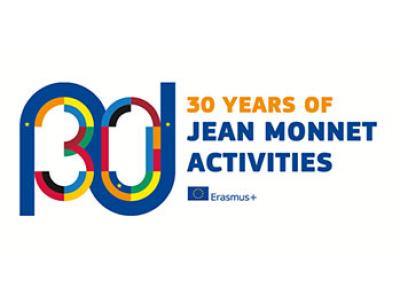Understanding the European Public Administration

Project: Understanding the European Public Administration
Funding scheme: Jean Monnet
Involved UNIPV structure: Dipartimento di Scienze Politiche e Sociali
UNIPV Team: Prof. Jaques Ziller, Prof. Alessia Monica
Total Budget: € 26.145,00
Project duration: 01/09/2016 - 31/08/2019
Description:
For the future of EU administrative law, a key issue to be addressed in this context is the potential and likely substantial need for simplification aided by digitalization and the study of best practices cases. EU administrative law is fundamental in defining procedures for cooperation between administrations, as well as procedures for their oversight and review. The main objective of the project is to introduce a new training program relevant to graduates, experts, and civil society.
Debates in the academic world and in practice regarding the feasibility, use, and content of a codification of EU administrative procedures have intensified since the entry into force of the Lisbon Treaty, driven by the new provision of Article 298 of the TFEU, which could provide the basis for such codification in the form of an EU regulation. Not only has the issue of codifying EU administrative procedures gained significant momentum with the European Parliament's legislative initiative resolution of January 15, 2013, but also recently the JURI Committee of the European Parliament has presented a draft regulation on the administrative procedure of EU institutions, bodies, and agencies, drafted by the working group on administrative law (chaired by MEP Heidi Hautala).
The main objective of the proposal is to ensure and promote university participation in the efforts already underway to structure and consolidate a European research area in the field of administrative law. Special attention is given to administrative procedural law, its codification, and the improvement of organizational models through digitalization. Secondly, the course aims to identify best practices to increase the participation of citizens and businesses in the decision-making process while simultaneously enhancing the efficiency of administrative action.



